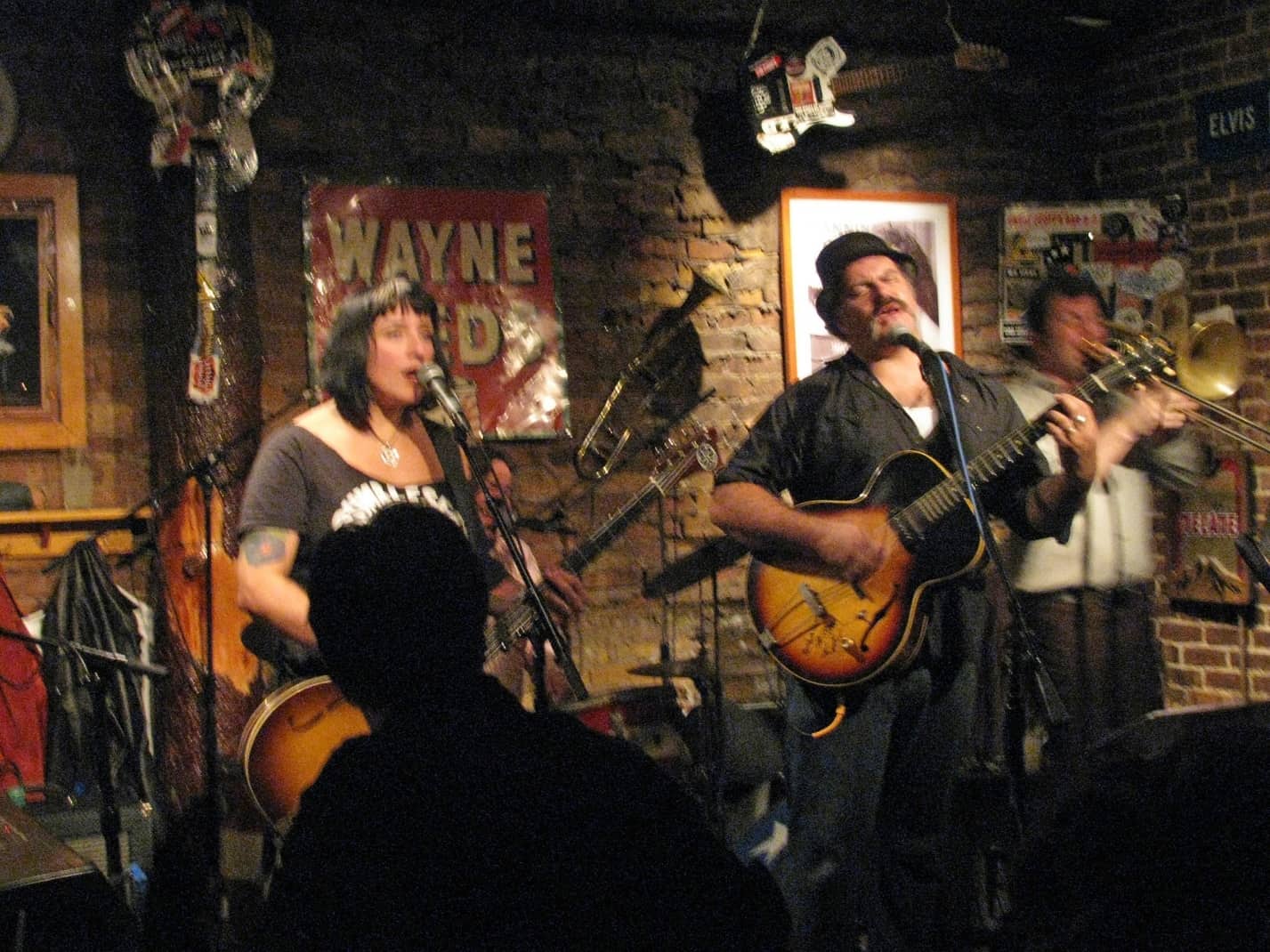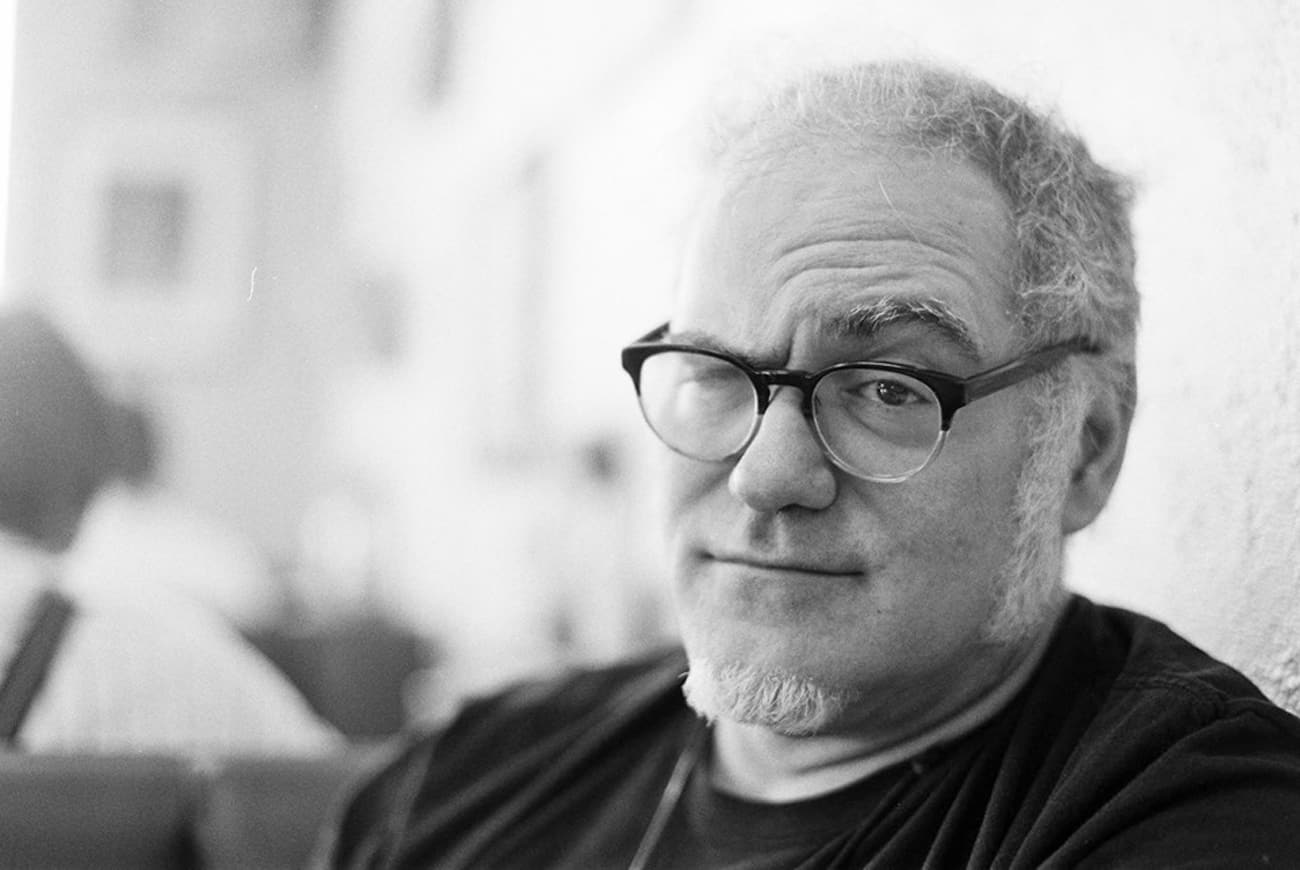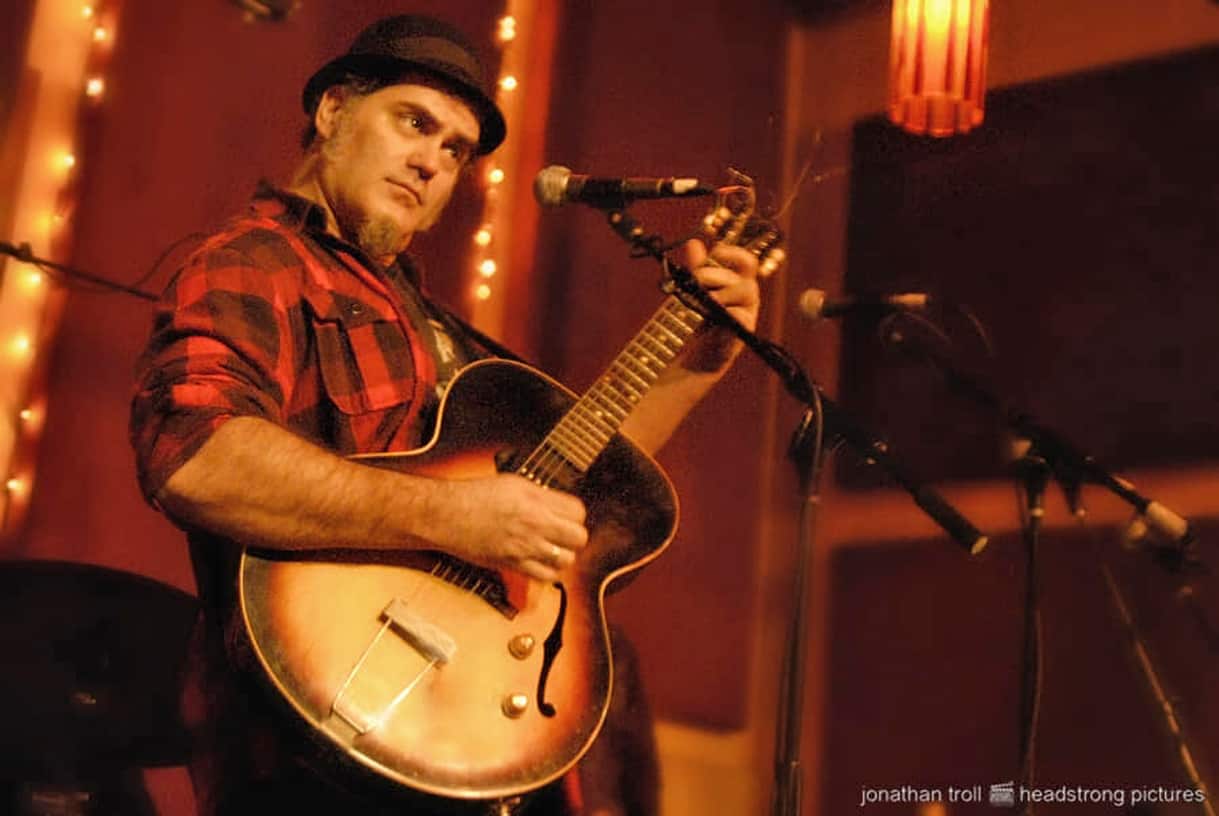Playing music live in a band is one of the greatest sensations a living being can experience; when it is right, there is really nothing quite like it. It can take the listeners and players to great spiritual heights, cure depression, even save one from a serious illness. Some folk are even able to mix this pleasure with varying degrees of financial stability.
Making a living off live bands is no small task. Whether through incessant touring or playing every dive bar in a 90-mile radius, either will likely wear out your patience, liver, relationships, sanity and soul … there is also a dark side… you’ll still have to serve somebody.
There are two basic sources from which most live bands are paid from establishments (NOTE: Merch is not going to be discussed here today):
Variation one: DRINKS – is when you are paid an amount to aid in selling food and drinks at an establishment by creating an inspiring environment for their patrons and your growing collection of (preferred) high rolling followers. Jazz fans for instance, have been notorious for bringing a crowd that orders one club soda all night, and that does not work in this system.
Variation two: TICKETS – Fans and/or music lovers pay for entry to be entertained specifically to see and hear your music.
Sometimes it is a mixture of the two, and we can find some strange hybrids where you are perhaps paid to scare livestock out of a haunted house with your satanic emo band. But these are really the two main options for bands. So, ask yourself, is this a help sell drinks, BBQ or firearms kinda gig? If so, it makes sense to keep that decision in mind via song choices, volume, stage banter and general tone of performance. But art and commerce can make for strange bedfellows. Sometimes ya just gotta say, “screw it”. “It’s not gonna work here, we will play what we are and go down with dignity”. I’d like to see Captain Beefheart translated into a Mongolian Polka band or a Justin Bieber speed metal band fronted by a 85 year old Kilt wearing Scotsman, but it may not work at the old man sports bar in the suburbs of Westchester, NY.
 It also can matter how many covers a band plays versus their original material and what kind of material that act writes. I personally only play a cover when I am so inspired at a ticketed show. If I am playing a DRINK show and I feel I am losing the attention of an audience I am paid to inspire to drink, I will intentionally choose a number many will likely know and hope to use it as a kindling of sorts to win over the room of potential martini consumers.
It also can matter how many covers a band plays versus their original material and what kind of material that act writes. I personally only play a cover when I am so inspired at a ticketed show. If I am playing a DRINK show and I feel I am losing the attention of an audience I am paid to inspire to drink, I will intentionally choose a number many will likely know and hope to use it as a kindling of sorts to win over the room of potential martini consumers.
Some nights at DRINK shows, you may get ignored. I think it best to not take offense; you are being paid to create an atmosphere of drinking fun. When it happens, don’t play louder or they inevitably will shout over you. I suggest playing so soft that they become aware that they have been become the main focus. It often humbles them into retreat. It doesn’t work every time (but it does often), you just have to occasionally deal with idiots that do not respect a live band as actual living people in the room.
Acquiring the gigs you want is a lifelong process for all musicians. I have had several agents book my bands over the years. It’s not always better, and these days you may need that percentage to buy that special something.
Every band leader should know how to book themselves. If you have a great band and you can sell out any place you want to play, everything should fall into place by itself. But for many musicians the deck is a bit more stacked against them coming out of the gates. Polite persistence is really the first rule in getting in the door. Never send emails that say, “I never heard back from you” or ” this is my fifth and FINAL email!”, do not keep forwarding the same email, update it and write something fresh each time. Send your avails to bookers, they do not want to waste time back and forth emailing with you.
If a club keeps ignoring you, move on for a while and always keep submitting to new places. So many not so busy bands are stuck obsessing over the one club they can’t get in and many of these musicians do not bother patronizing this desired venue. A good way to get into a club is to go see music at the club as hard as it is to force yourself to go see other bands on your nights off, that is often the best way to get more gigs. They may put in a good word for you, you can open for them and become friends and share ideas. Then they steal your girlfriend or perhaps you eventually find the love of your life, start even better bands with these people… you know a scene. New York was once world famous for such a thing…
 Jack Grace is a composer, performer and writer, born in Brooklyn, NY and now resides in Peekskill, NY. He has been a contributor and radio personality for WNYC’s The Takeaway and Sirius/XM’s Freewheelin’.
Jack Grace is a composer, performer and writer, born in Brooklyn, NY and now resides in Peekskill, NY. He has been a contributor and radio personality for WNYC’s The Takeaway and Sirius/XM’s Freewheelin’.










